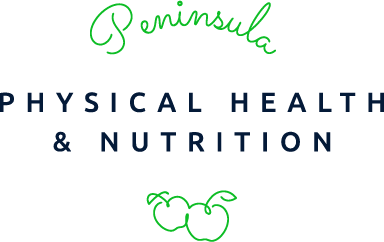Facts about Fat
Fat is one of three macronutrients found in the diet. Fat has previously been thought to be the ‘bad guy’, leading to weight gain and poor health outcomes. More recent studies, however, have found that diets high in fat are not the primary cause of weight gain. Each gram of fat contains twice the amount of kilojoules, or energy, than carbohydrate or protein. While this means that an overconsumption of fat can make it difficult to maintain a healthy weight, it also means that fat can aid with satiety. The truth of the matter is, fat is an essential part of our diet, and is important for good health. It is a major source of energy for the body, aids with absorption of some vitamins and minerals and is essential for the building of cells, blood clotting and muscle movement. What is of more interest is the role that different types of fats have in the body. Some fats have been identified as being better than others. ‘Good fats’ include monounsaturated and polyunsaturated fats, while ‘bad fats’ include trans-fats and saturated fats.
Trans fats and saturated fats play a role in the level of cholesterol found in the blood.
There are two different types of cholesterol, low density lipoprotein (LDL) and high-density lipoprotein (HDL) cholesterol. LDL is commonly known as the ‘bad’ cholesterol while HDL cholesterol is the ‘good’ version of cholesterol. Cholesterol has many important functions in the body, however having high levels of LDL cholesterol in the blood can prompt blockages to form in arteries in the heart and elsewhere in the body, contributing to an increased risk of heart disease. A diet rich in saturated and trans fats can increase total cholesterol and tip the balance toward more harmful LDL cholesterol. Trans fats can be found in deep fried foods and baked goods such as biscuits, cakes, pastries and buns, and in small amounts in dairy products, beef, lamb and veal. Common sources of saturated fat include red meat, whole milk and other whole-milk dairy foods, cheese, coconut oil and many processed and baked goods.
Monounsaturated and polyunsaturated fats are found in nuts, seeds, olives, oils, fish, lean meats and poultry, eggs, avocado and margarine spreads. Including a range of these foods in your diet may help to reduce the levels of LDL cholesterol found in the blood. The increasingly popular Mediterranean diet is low in saturated fat while high in both monounsaturated fats, including an abundance of plant foods, fresh fruit olive oil, dairy products, fish and poultry. This pattern of eating has been associated with a reduced risk of mental and physical health problems, including cardiovascular disease. For good health, aim to eat a balanced diet, of which fat is included. Opt to swap saturated and trans fats for the healthier unsaturated fats where possible, by following patterns of the Mediterranean diet.
See an accredited PPN practising dietitian to assist you in managing your fat intake.
References
-
Willet WC, Leibel RL. Dietary fat is not major determinant of body fat. American Journal of Medicine. 2002 Dec 30;113.
-
Lichtenstein AH. Dietary fats and cardiovascular disease risk: quantity or quality? Journal of Womens Health. 2003 Mar 12(2):109-14.
-
Riccardi G, Giacco R, Rivellese AA. Dietary fat, insulin sensitivity and the metabolic syndrome. Clinical Nutrition. 2004 Aug ,23(4):447-56.
-
Willett WC, Sacks F, Trichopoulou A, Drescher G, Ferro-luzzi A, Helsing E, Trichopoulous D. Mediterranean diet pyramid: a cultural model for healthy eating. The American Journal of Clinical Nutrition. 1995 Jun 6, 61(6):1402-1406.
-
Knoops KT, De Groot LC, Kromhout D, Perri AE, Moreiras-Varela O, Menotti A, Van Staveren WA. Mediterranean Diet, Lifestyle Factors and 10-year Mortality in Elderly European Men and Women. The Journal of the American Medical Assocaition. 2004 Sep 22;292(1):1422-9.





